SEARCH


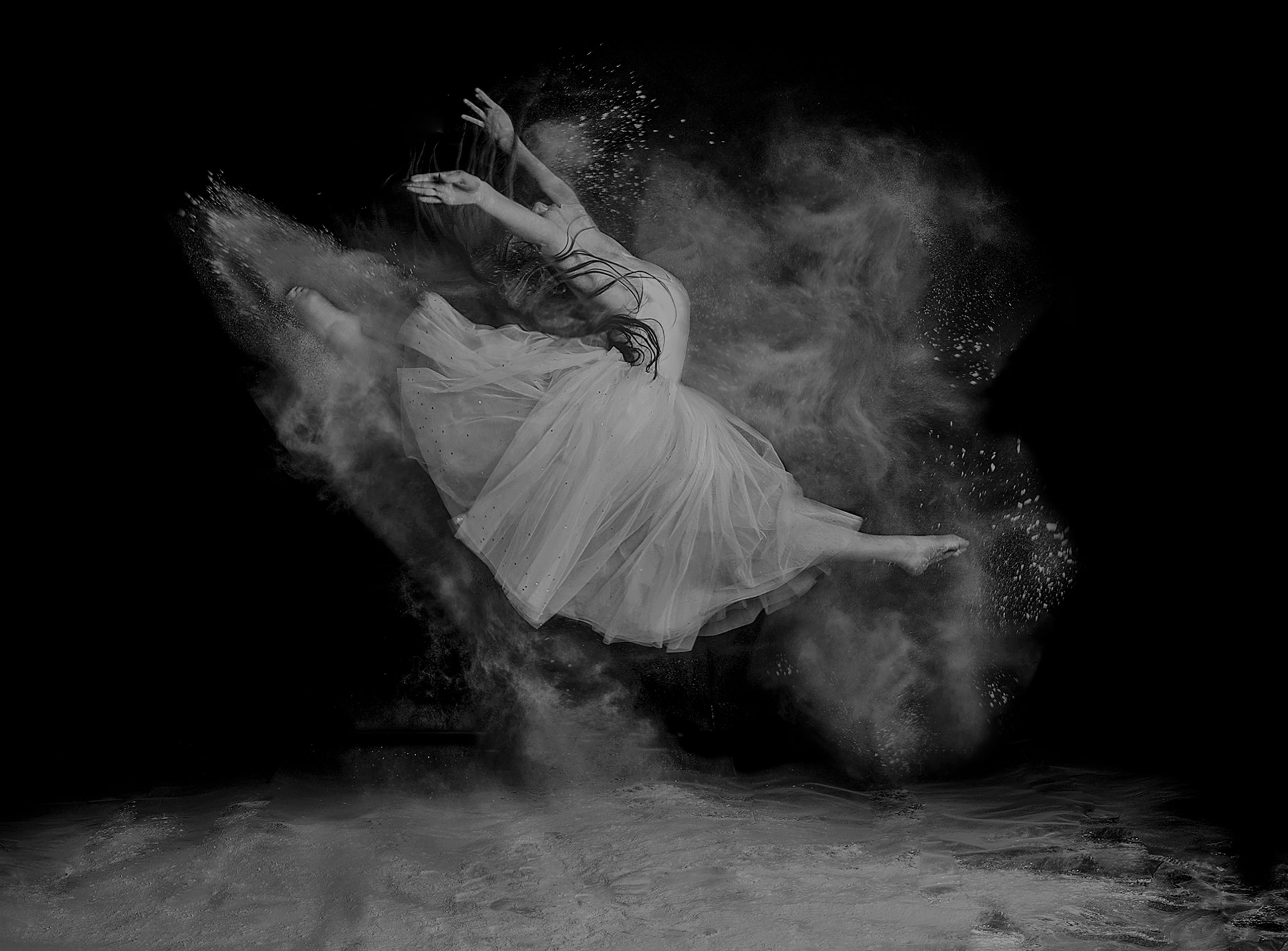
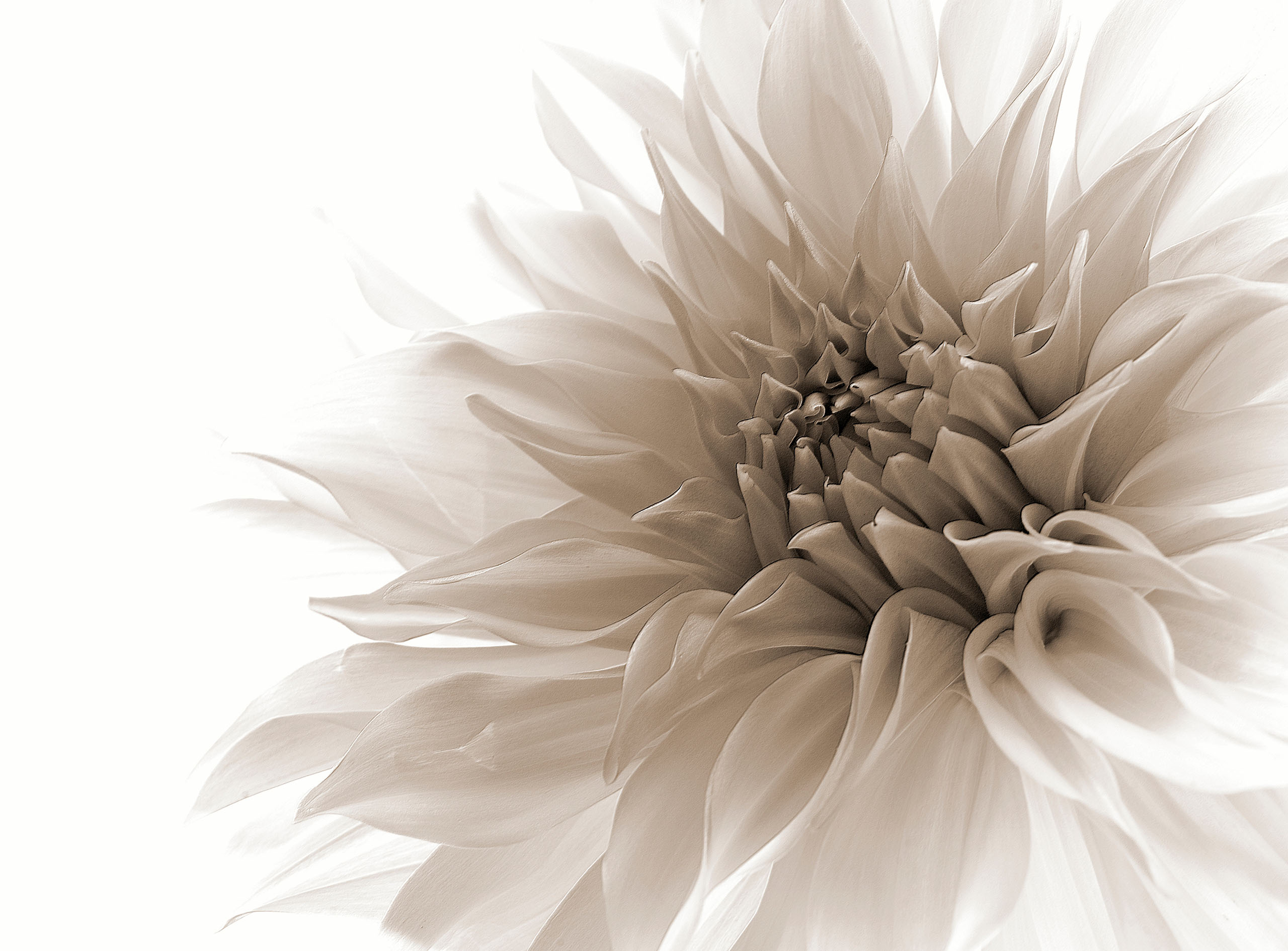
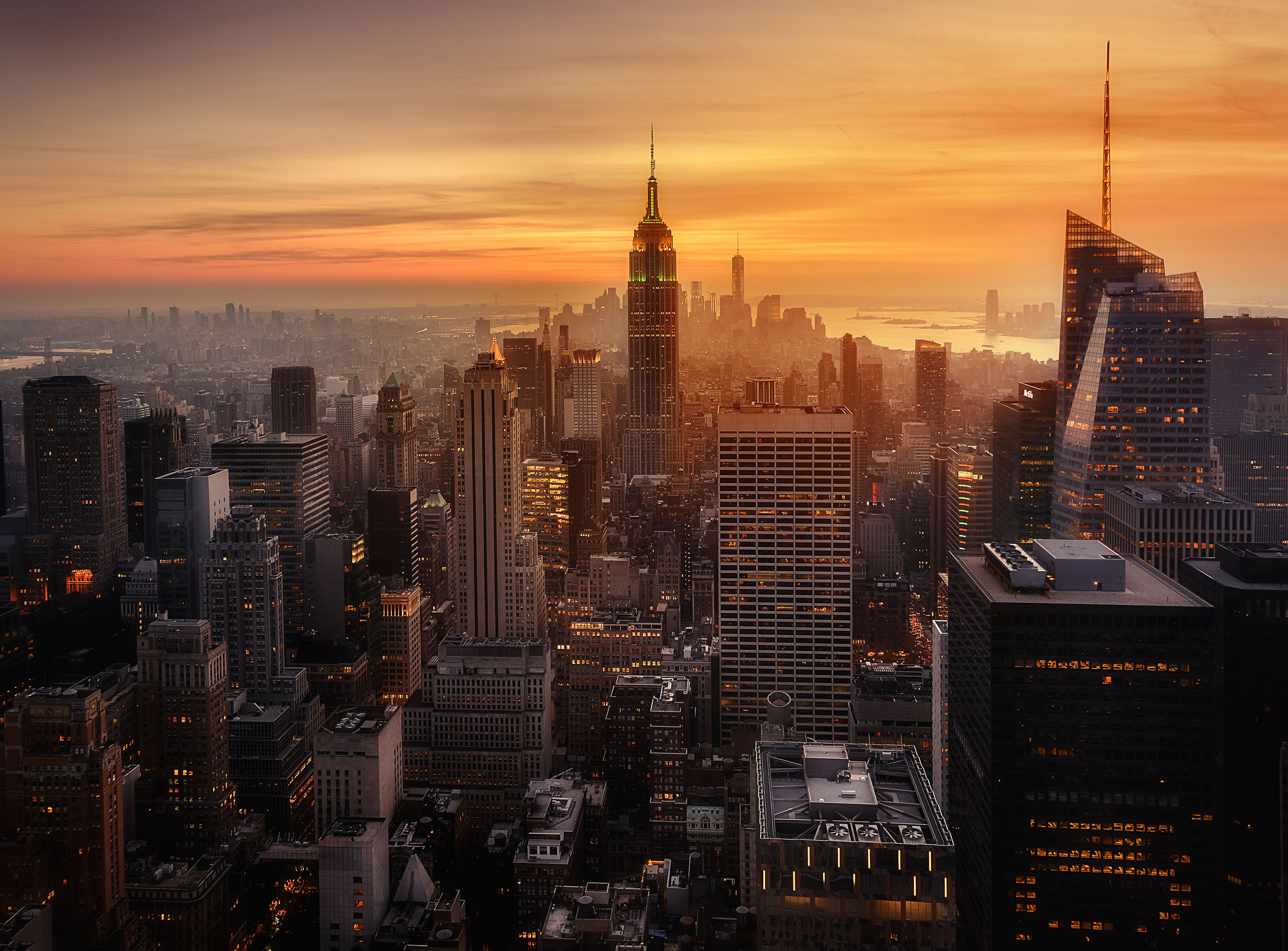
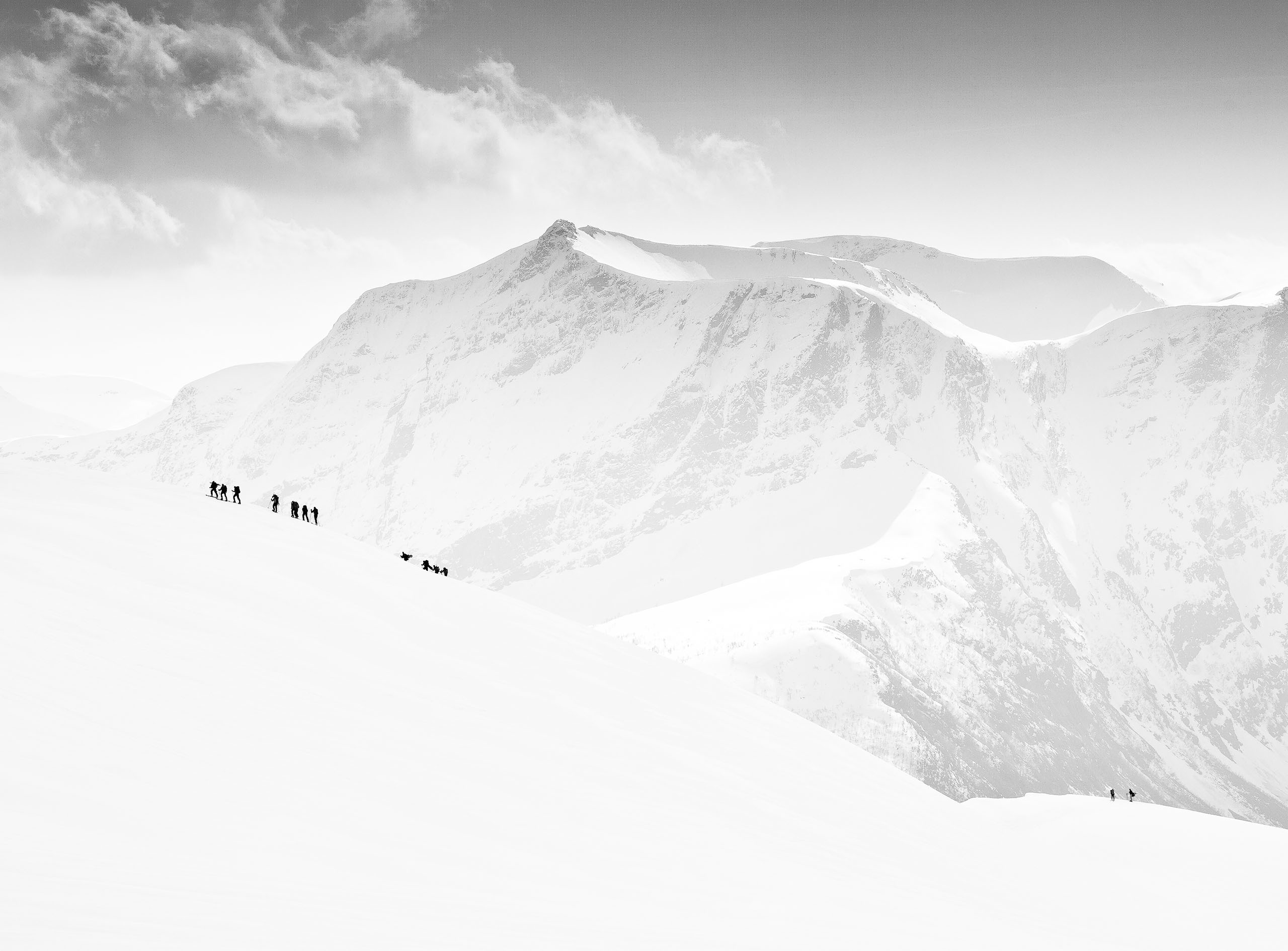
|
|
|
|


A Conversation with Dr. HJ Yang
by Editor HJ Yang
Edited and published by Yvette Depaepe, the 22nd of September 2025
‘Hope From Doubt’
William Patino is a world-renowned landscape photographer from Te Anau in New Zealand. He is widely considered to be the best landscape photographer in New Zealand today. He has won numerous awards and been published internationally and has taught thousands of enthusiastic photographers through his workshops and online tutorials.
Please visit his website www.williampatinophotography.com for all his work and programs.
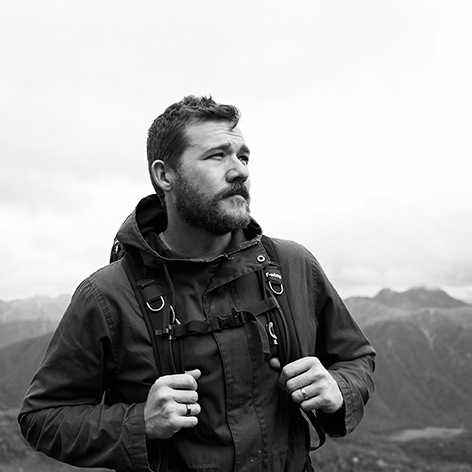
In May 2025, I had the opportunity to visit him in Fiordland, New Zealand, and aboard the Flightless ship Pure Salt by helicopter from Te Anau. We spent several days together on the ship during our photo expedition, which was led by our mutual friend Marc Adamus.
Hello Will, it is a great honor and pleasure for me to visit you. Your unique programs and photographs have attracted and touched the hearts of many people all over the world, including many in our 1X community. Thank you for your contribution to the world of photography and for making this conversation possible.
How did you get into photography?
Firstly, HJ, thank you for your kind words and for interviewing me. It was a pleasure to share my corner of the world with you recently.
I started my photography journey back in late 2011. Initially, this stemmed from my passion for skateboarding as a youth. Videography and photography are part of the sport, and I was interested in videography throughout my teens. However, I eventually tried still photography and really enjoyed it. Browsing online, I came across some landscape photographs that immediately drew me in. I tried capturing a sunrise one morning and was completely hooked. I haven't stopped since.
Who influenced your photography when you started?
My primary inspiration is nature, and the sense of reverence and awe that we experience during those rare, fleeting moments of surprise. The element of the unknown constantly drives and inspires me. When it comes to influences, Marc Adamus (marcAdamus) has undoubtedly had a strong impact on my work. When I first saw his photographs in 2012, I was deeply moved by them in a way that is hard to explain. His photography expressed how I felt in nature and what I wanted to convey in my own images. It was not just about the aesthetics, but the feelings they evoked. I wanted to create the same feeling that I experienced.
Looking at his images taught me a lot about how he worked with light and composition in grand scenes. It was unlike anything I had seen before in my part of the world.
Years later, I feel honored to call him a friend. We have shared many fond memories of exploring the landscape together. Of course, it must be said that there are many other inspiring photographers out there, and I'm generally motivated by seeing people get out there and develop their art and craft. It’s refreshing to see people doing what they do and doing well. I’m also influenced by master artists who used paint as a medium, such as Albert Bierstadt and Thomas Cole, who were part of the Romanticist movement. For me, it's all about emotion and expression.
How did you come to create your unique photography program?
I have a large catalogue of online video courses which I started creating in late 2018. I noticed that there were lots of tutorials on processing, but hardly anything based in the field. Having taught myself through trial and error, I know how frustrating it can be for amateurs learning the craft, and I thought that many people could benefit from such videos. So, I decided to create video lessons showing various aspects of landscape photography, not just processing.
I continued to develop these tutorials, but once the borders to New Zealand closed during the pandemic in 2020, I began creating a larger catalogue. I haven’t stopped since, and I now also complement my online courses with an active YouTube channel.
What makes this program so successful?
I’m so busy running workshops, working as a photographer and filmmaker, and being a family man that I don’t have much time for anything else. I use a small agency in the US to help promote my online courses and take care of some of the other logistics. However, even with that support, you still need an effective product that people enjoy. Thankfully, this seems to be the case, and I think it’s because I don't hold anything back when teaching. I try to get straight to the point and cover all the necessary information. I just want things to be relatable and effective. It probably helps that I get to work in spectacular and inspiring locations, too.
Which aspect of your work do you enjoy the most: leading photo tours, running workshops, or delivering online courses?
When it came to the business side of things, I was mindful that if I made photography my career, I really didn’t want to lose my passion for it or the personal benefits it had brought me, such as providing me with an outlet. Teaching has enabled me to maintain a personal connection to my photography and keep it as an outlet. It’s not commercial, and I don't create for anyone else. If I had to do that, I think I would have burned out and lost my love for photography.
Two big perks of my job as an educator are seeing the joy on people's faces when they're moved by a landscape and seeing them light up when they create a special image. It’s incredibly rewarding, and I’m thankful for it. I get a lot of feedback from people online, too, so knowing that I’m potentially helping others on their photography journey is a real blessing and keeps me inspired. Photography has changed my life in many ways, and I am very grateful if I can help others on their photography journey.
Why do you think your photography is unique?
Others can decide for themselves whether it is or isn’t, but I think what really sets some landscape photographers apart is not necessarily the technical or creative elements, but rather having a deep, intimate connection with the land and subject with which they work. Consider Ansel Adams and Yosemite, or Guy Tal and Utah: there is something transcendent in their work that comes from spending thousands of hours in a place or studying a subject.
I live in Fiordland in the south-west of New Zealand. This region is where my heart lies; it’s my passion, and it's where I do most of my exploration and photography. It’s a unique part of the world with very distinct characteristics. I have a deep connection with the land here and strive to express that through my photography.
What is the most challenging part of your photo experience, and why?
I consider myself very fortunate to have experienced many breathtaking and elusive moments in nature. I have an inexplicable urge to capture such moments in photographs, but they are often unexpected and derive from a series of events that suddenly culminate in a moment of revelation. Experiencing this is the greatest joy, and nothing compares to it or provides greater inspiration. Being surprised by nature is the greatest joy.
The challenge I face is giving myself time to simply be in nature without too many preconceived ideas. I’m often not satisfied with my work, so naturally I want to plan trips or projects to raise the bar, but generally the harder we try, the further we push ourselves away from those special moments. So, it's about letting go and simply getting out there. This sounds simple, but it's quite complex — especially when you have a business to run and a family to spend time with. While we need goals in life to give us direction, I find that the best photography often stems from having no goals. This presents me with a mental challenge and can lead to me being very discontented with my work. Eventually, however, the next moment arises unexpectedly, and inspiration returns.
Tell me more about yourself. In what ways has your personal experience influenced your photography?
Having an outlet allows someone to open up and express something from within. For me, photography is both my calling and my vessel. I don't consciously decide to express personal experiences in my work, but I think this happens naturally and subtly over time. I discovered photography in my early 20s, and it completely changed the course of my life. It has had a profound impact on me in every way, especially spiritually. My spiritual life inspires my photography, and my photography strengthens my spiritual life.
How do you balance family life with your professional commitments?
I think this is tricky for anyone who is self-employed. I grew up in Australia, where I started my career, but I had to travel a lot for workshops to make a full-time career in photography a reality. Moving to New Zealand felt like an opportunity and allowed me to spend more time with my family. We moved here when my children were six months and three years old. They're now almost nine and eleven! We're based in a community we love, but also on the doorstep to Fiordland — the only place I've ever truly felt at home. This makes it easier for me to be home often and close to where I do most of my work. Family is my top priority, and I’m fortunate to have the support of an amazing wife who helps with my business and running the house. Together, we make it work, and we also try to volunteer in the community together. I try to make my career and schedule suit my family life, not the other way around.
How can current AI technology be adapted?
I don’t like the fact that AI-generated images and videos are becoming so prevalent on the internet. AI tools certainly have great advantages, and I don’t mind using them to help with autofocus, eye detection or processing, or to help me select an object in a scene. These are things that I would previously have done manually, but which can now be sped up. However, I don't use AI to add or subtract from a scene in my work. I prefer to keep it this way, as I’m more content with letting things go, trying again or accepting imperfections. I find greater fulfilment in creating photographs this way.
What effect do you think AI will have on photography, both as a practical skill and as an art form?
The thing about cameras is that there are photographs, and then there is photographic art. Unfortunately, AI is replacing photography and will continue to do so. This is similar to how photography replaced some aspects of painting. Early explorers would paint or sketch scenes for documentary purposes, but the invention of the camera changed that. However, painting is still around today because some people enjoy painting for its own sake. The same can be said for photography. It's not about needing an image; it's about the process of creating one.
I don’t think AI can truly have a place in the world of photographic art, because to me, art is not just about the final creation; it's also about the creator's intent and process. AI cannot replace the human experience of creating art, nor can it replace the experience of photography, painting, writing, and so on. Many people still paint despite the invention of the camera, and many people will still use a camera despite the fact that AI can produce similar photos. AI can replace outcomes, but not experiences, and I think that, for us humans, life is all about experiences.
What advice would you give to beginner photographers?
Just enjoy the process and have fun! It's as simple as that! Don't think of photography as having an end goal because it doesn't. It's endless. So just enjoy the process and the small, fleeting moments that nature provides.
Thank you very much, Will, my dear friend, for taking the time to do this interview and share your personal experiences with me. I am looking forward to joining your future photography program and seeing more of your wonderful, unique work. I wish you good luck in all your future endeavors.
‘The Disappearing Falls’
‘Moonrise’
‘D’Archiac’
‘Beauty And Chaos’
‘Above The Darkness’
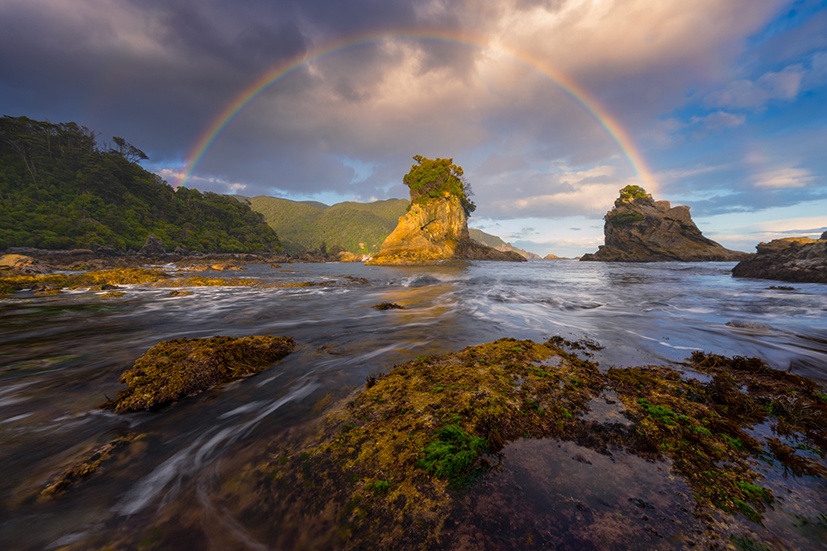
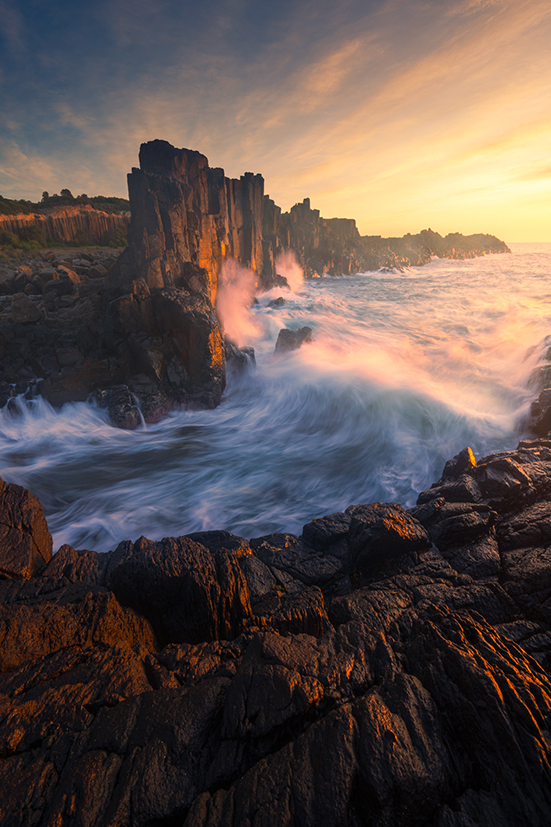
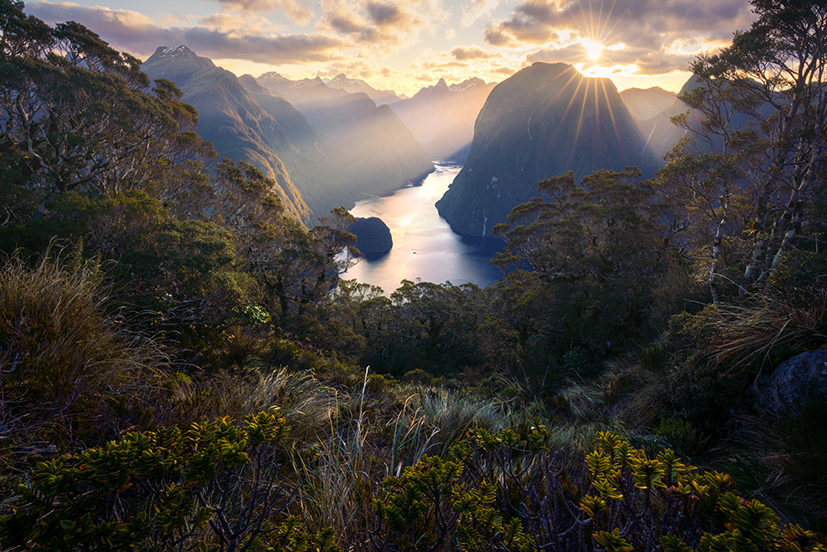
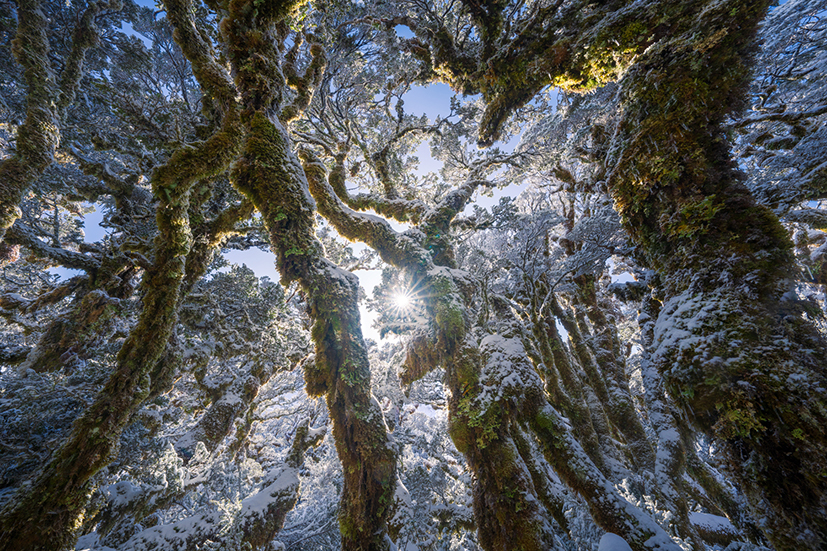
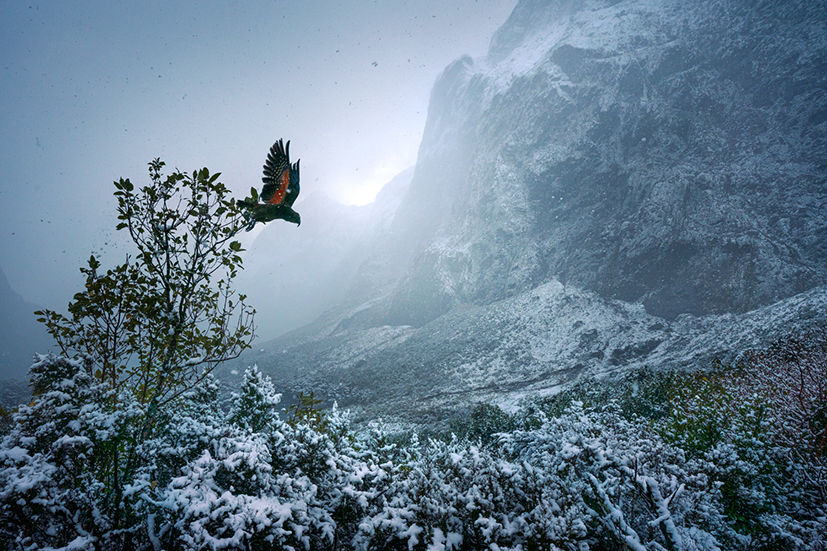
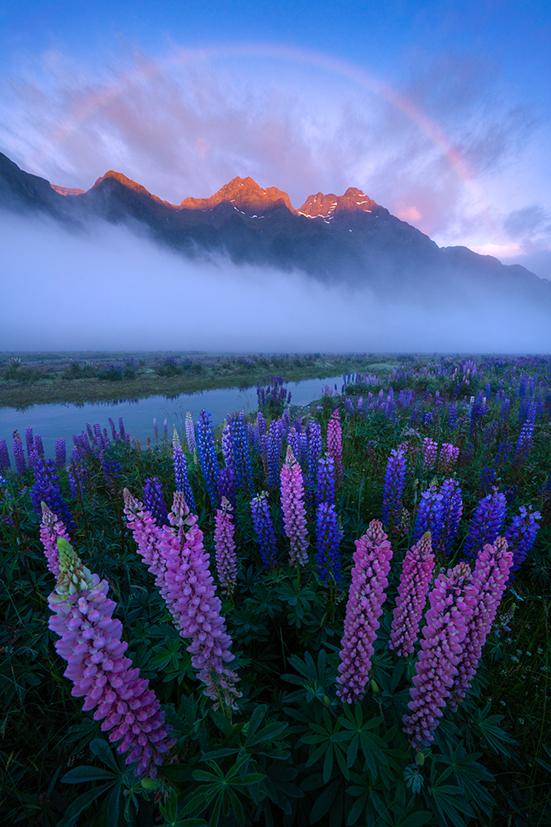
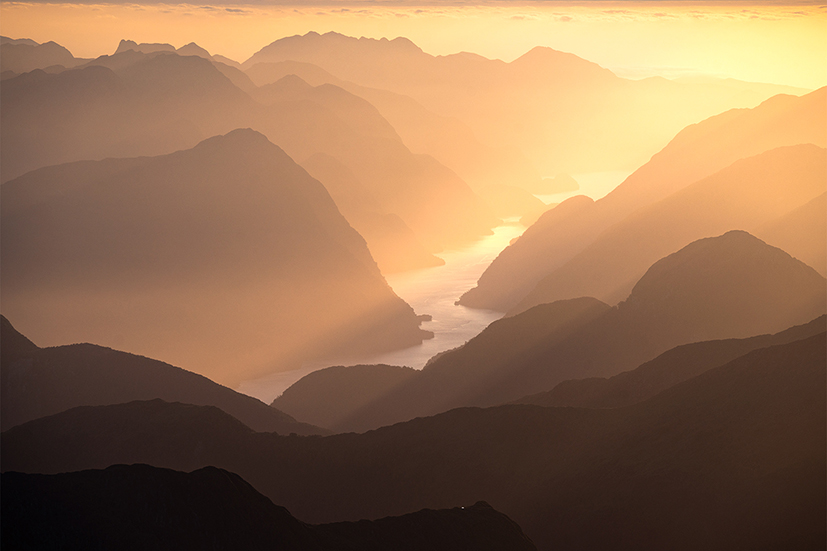
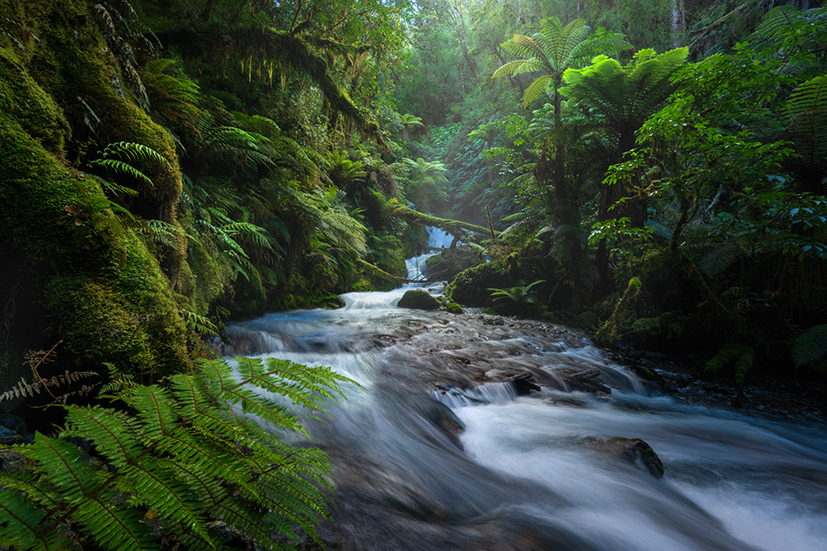
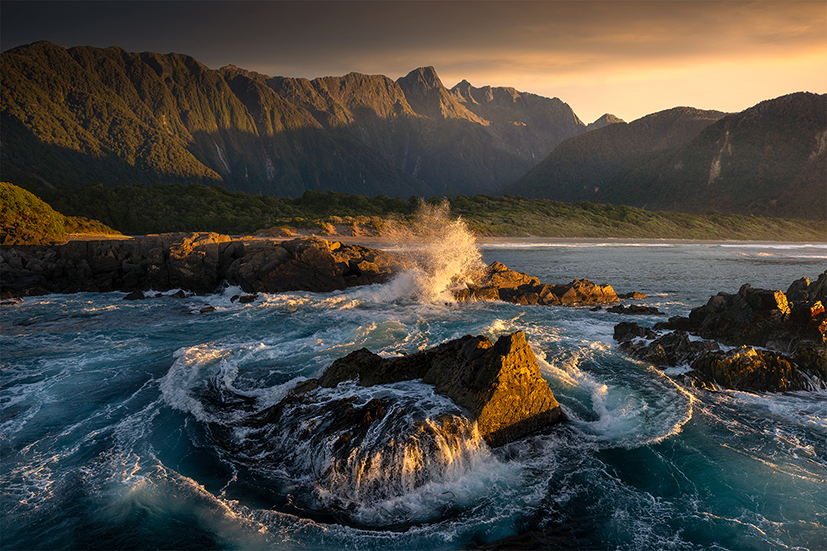
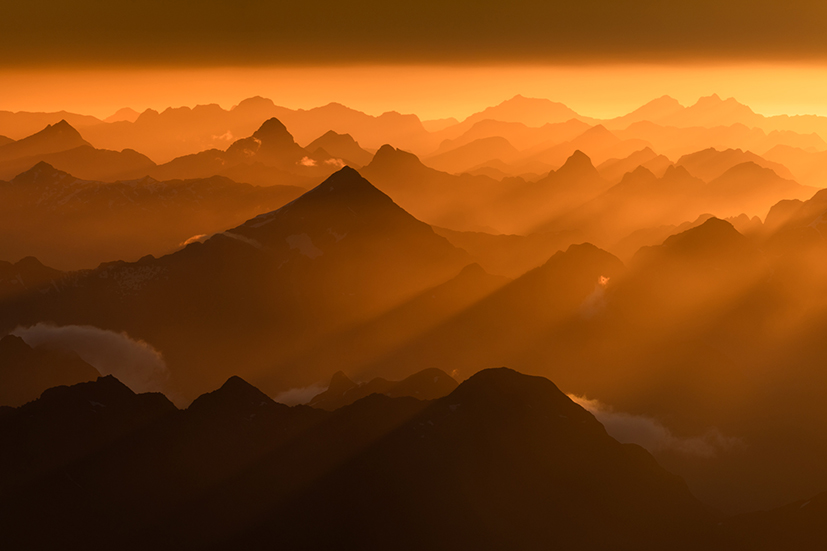
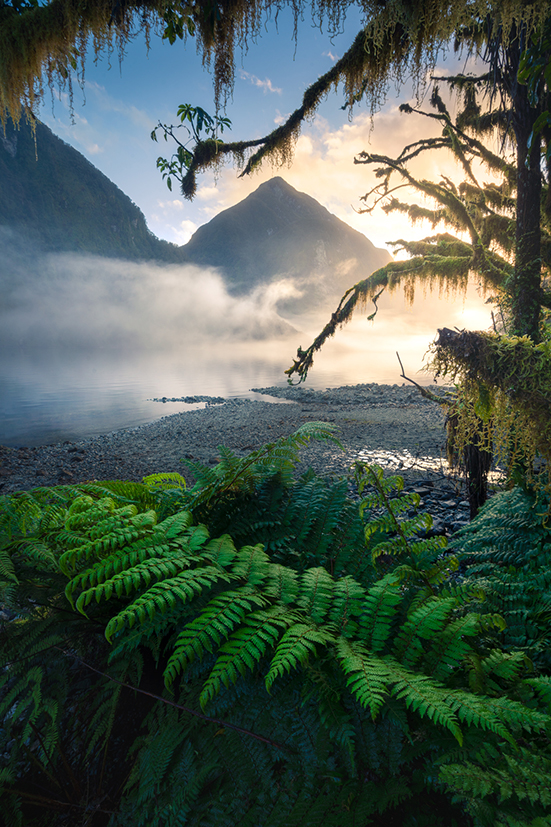
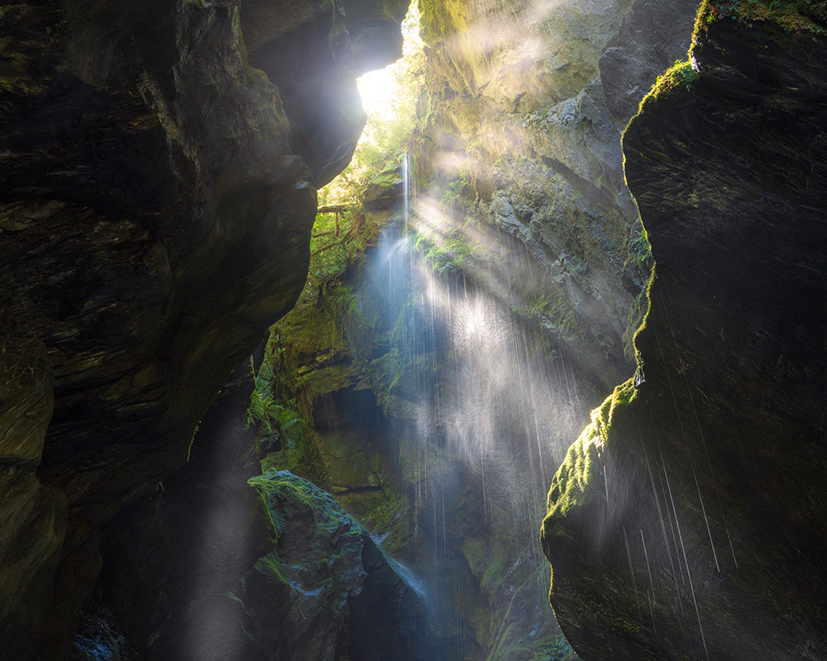
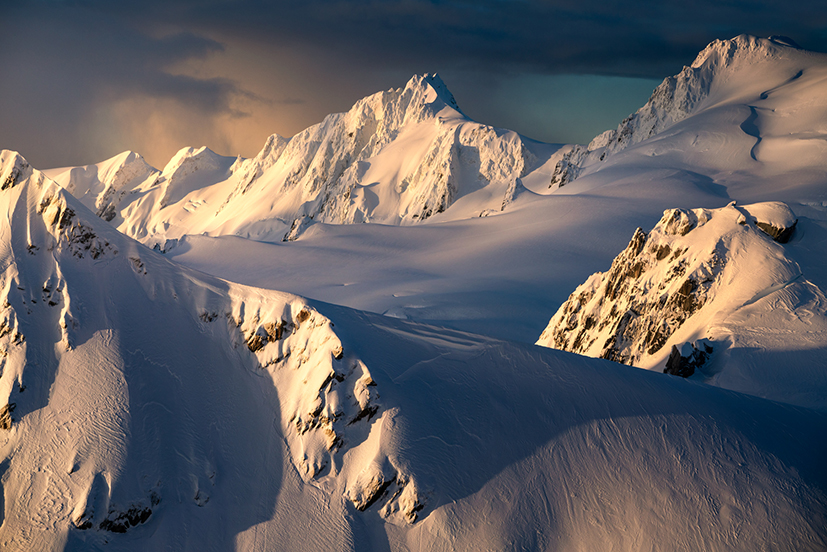
About Editor Huijun (HJ) Yang, Ph.D.
In this series, Dr. HJ Yang, Scientist, Businessman and Nature Photographer, talked to some today’s world well known nature photographers, sharing with us not only their unique artistic magic images and photo programs, but also their personal life stories.
A Conversation with Dr. HJ Yang Series:
Daniel Kordan: World-renowned photographer and explorer
Marc Adamus: Visionary and Innovator of landscape photography
 | Write |
 | Gila Koller PRO Great landscape photos and very interesting interview. Congrats!! |
 | Sunil Kulkarni PRO Excellent interview and amazing captures love it |
 | Miro Susta CREW Very interesting interview fabulous photographs, I fully understand and support your comments on AI William. |
 | Eiji Yamamoto PRO Thank you so much for this wonderful interview with beautiful and great photos! It's very inspiring! |
 | Jacob (Jian) Xu CREW Spectacular landscape images, Congrats! Thanks to Dr. HJ Yang and Yvette! |
 | ABDERRAHIM ZIGH PRO
Greaat 🙏🙏🙏 Stunning images & wonderful interview... |
 | JA Ruiz Rivas PRO
Muchas felicidades y gracias por compartir...
|
 | Molly Fu APA PRO Stunning images, wonderful interview...congrats! Thanks to Dr. HJ and Yvette for sharing! |
 | Thierry Dufour PRO Splendid work, images of great beauty. Congratulations !!! |
 | carlo borgatelli PRO really wonderfull pictures |
 | asela PRO Amazing! |
 | Subhajit Das Great work. Congratulations! |
 | Frank Bruynseraede PRO Wonderful series |
 | Cristiano Giani PRO ...great landscaper, stunning images. Many congrats and thanks for sharing... |
 | Jane Lyons CREW Insightful interview and fabulous landscapes. Thank you very much, HJ. |
 | Francisco Villalpando PRO Wonderful photographs and very interesting interview, congratulations! |